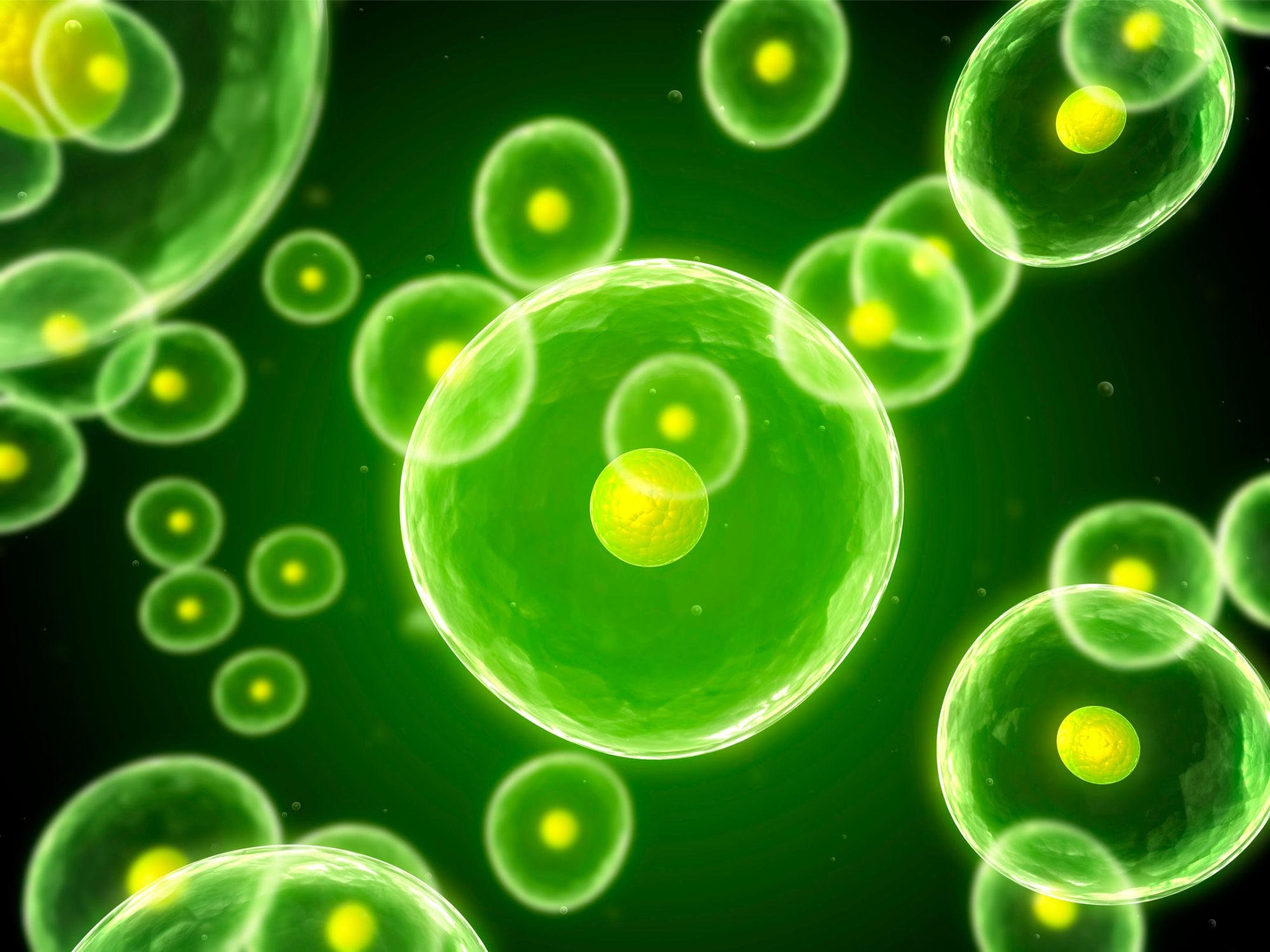Exploring Cell Dynamics
Can we truly program life? Recent studies delve into the fascinating world of cellular self-organization. Researchers reveal how non-reciprocal interactions between particles can significantly influence dynamic states within cells. This understanding may redefine our approach to biological systems.

Just like companies or societies, biological systems thrive when each component plays its part effectively. This principle of efficiency often relies on spatial organization. By comprehending these interactions, scientists aim to manipulate cellular behavior for various applications, from medicine to synthetic biology. The potential to engineer life forms could lead to groundbreaking advancements in how we view and interact with the natural world.
















